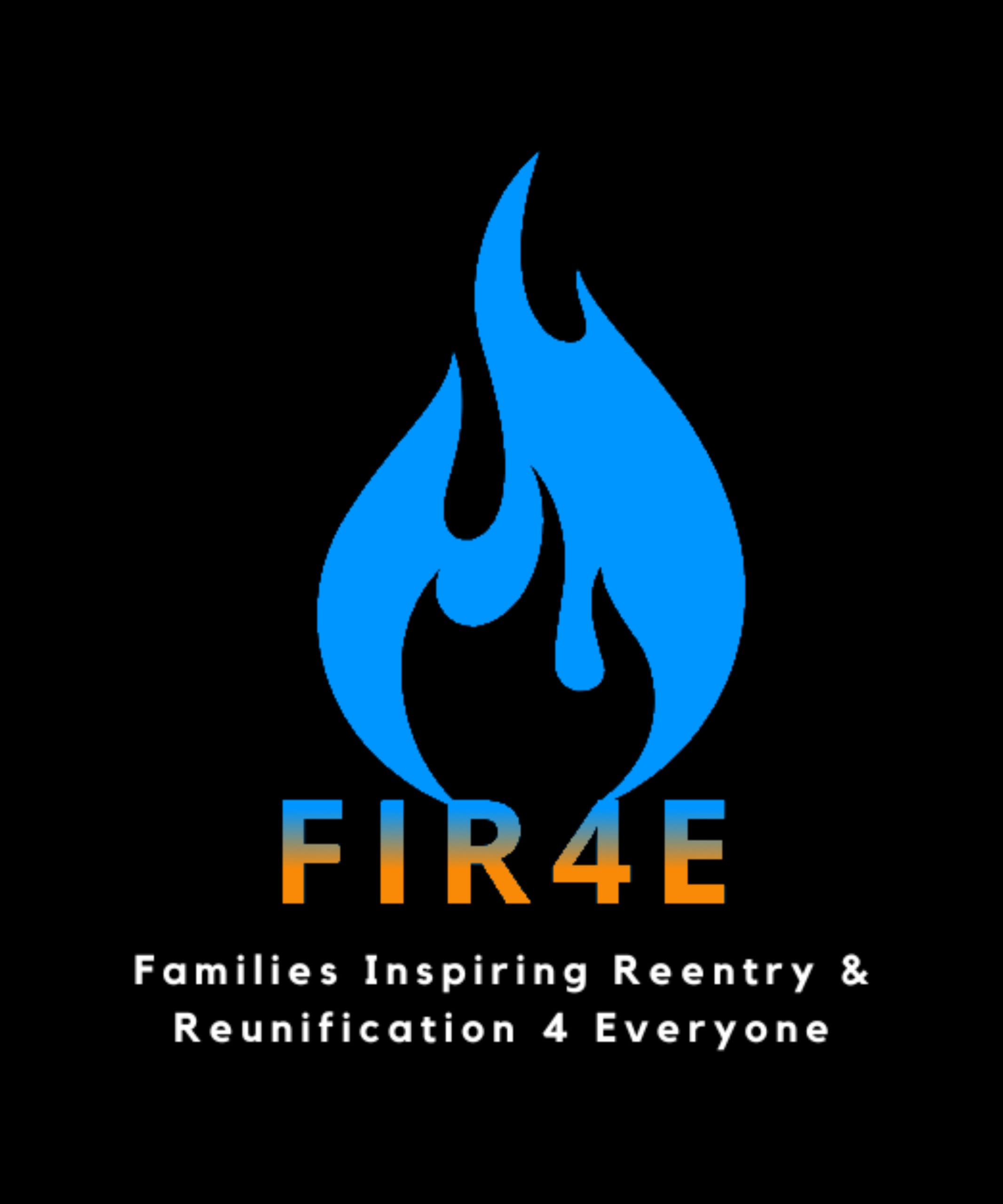Mother’s Day Celebration Outside L.A. County Jail Sends Hope to Women Inside

Dozens of women wearing T-shirts emblazoned with “Free Black Mamas” logos and shouting “Happy Mother’s Day” circled a Los Angeles County women’s jail in cars Friday, a public demonstration calling attention to the struggles of incarcerated mothers and their efforts to reunify with children placed in foster care.
“Free my homegirls” and “We come for ours,” read the signs lining SUVs and sedans as protesters with raised fists called for justice to honor this weekend’s Mother’s Day.
“I know how miserable it feels to spend Mother’s Day alone in jail away from my family,” said Stephanie Jeffcoat, an organizer with All Of Us Or None-Southern California. “We’re here today to advocate for our mothers who are still dealing with separation, and show them that they’re not alone.”
The event was organized by the Bail Project, Essie Justice Group, A New Way of Life and several other groups as a way to celebrate the mothers soon-to-be released from jail, as well as those held simply because they are poor. At the annual event, the groups post bail for some women who can be released in time for Mother’s Day.
A crowd of about 35 gathered at 11 a.m., serenading hundreds of mothers locked up in the Lynwood jail behind them.
“We know who sits in these prison cells — Black and brown mothers — and we know pretrial incarceration is nothing more than a crime of poverty,” said Dolores Canales, community outreach director for the Bail Project.
According to the national Sentencing Project nonprofit, about 60% of women in state prisons and 80% of those held in local jails have children younger than 18. The Pew Research Center reports that more than 2.7 million children in the U.S. have an incarcerated parent. That equals roughly 1 in 28 American kids, though the numbers are much higher for Black families, where nearly 1 in 9 children have a parent who is locked up.
Incarceration is the driving factor in 7% of all foster care entries, according to the latest federal data. And while they are in jail or prison, those parents are more likely to have the custodial rights to their children terminated due to the timeline established by the 1997 Adoption and Safe Families Act.
The law requires courts to terminate parents’ rights if a child has been in foster care for 15 of 22 consecutive months. In an era of mandatory minimum sentencing, parents — who are disproportionately Black — see this timeline come and go while they serve their time, losing all legal access to their children when they are eventually released.
The Adoption and Safe Families Act has come under growing criticism for its unyielding terms, and a recently launched national campaign seeks to overturn the bill’s timelines.
The law instructs judges to consider the parent’s “degree of personal rehabilitation” and the “extent to which the parent has maintained contact with the child, including visitations, communications, or contributions.” But those requirements are often impossible for incarcerated parents to meet when they are sent far from home, and can’t visit regularly with their kids and participate fully in their court cases.
According to a national analysis of child welfare cases from 2006 to 2016 published by the Marshall Project, under those conditions at least 32,000 incarcerated parents had their rights to their children severed.
Jeffcoat said for incarcerated mothers with an open child welfare case, there is often little support when they are released. For some women, that experience can cause them to spiral into addiction and give up hope.
In her case, she said she was locked up for six and a half months, after struggling with homelessness, drugs and probation violations.
It wasn’t until Jeffcoat walked out of a San Bernardino County jail that she learned that her daughter had been adopted while she was locked up. Jeffcoat said she was not notified of court proceedings that terminated her parental rights nor had any opportunity to contest the process.
The girl will be 5 in a few weeks, Jeffcoat said, but she has no idea where she is or how she is faring: “As much as I would love to see her, she could walk past me right now, and I would have no idea what she looks like.”
Jeffcoat said she hopes she will be in her daughter’s life one day, and that the girl will know she has never stopped trying to find her.
Clean for the past 27 months and counting, Jeffcoat credits the difficult experience of losing her daughter with finding stability, going to college and helping other mothers facing the loss of their children.
“As much as it hurts, I realized that it’s bigger than me,” she said. “The reason why I’m doing the work that I’m doing now is to make sure that no other parent goes through that. If they have someone encouraging them and walking alongside them, that makes all the difference.”
Contact
Send a Message
Thank you for your interest in Families Inspiring Reentry & Reunification 4 Everyone. We appreciate your commitment to making a difference in the lives of formerly incarcerated individuals in Orange County, California. Please fill out the form below, and our dedicated team will be in touch with you soon.
